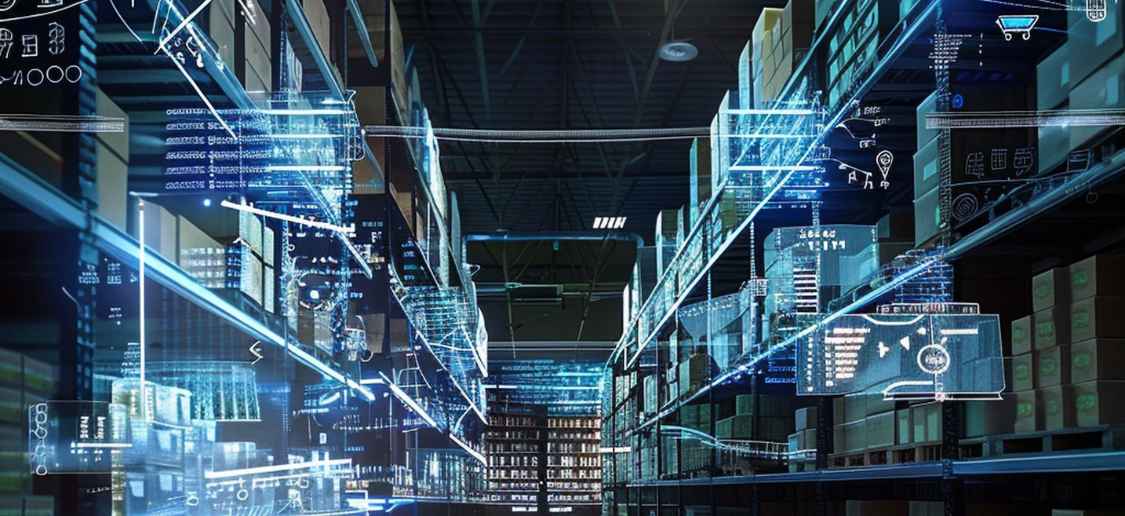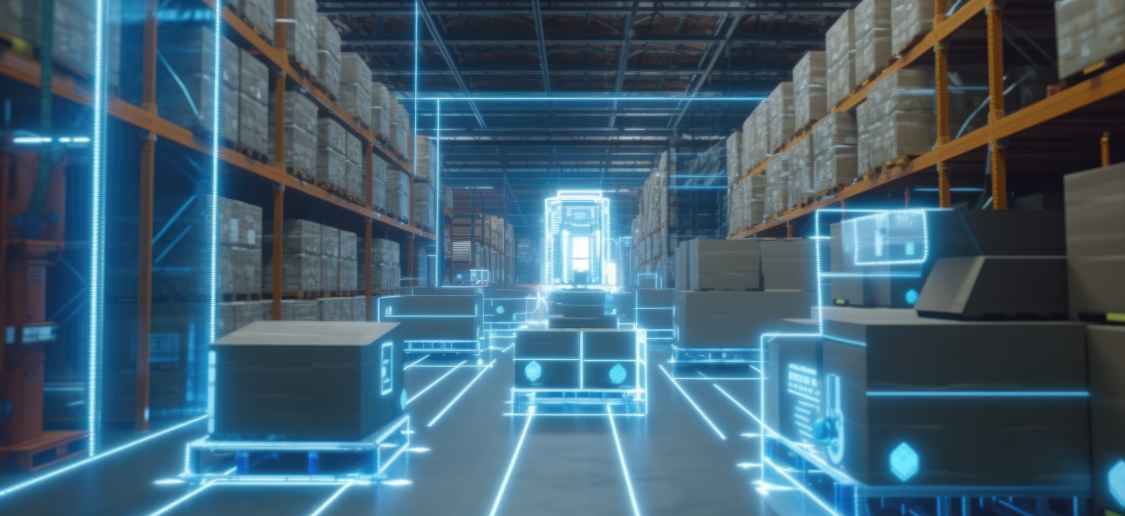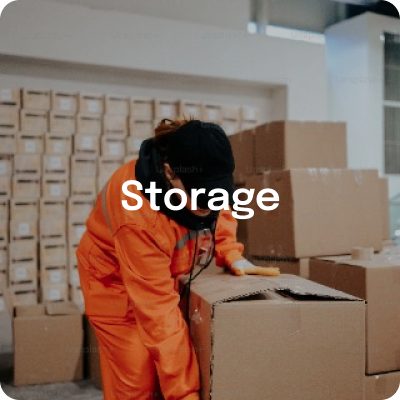
Warehouses have always been the backbone of storage and logistics. They are the places where goods are received, stored, managed, and shipped out. For businesses and individuals alike, warehouses play a critical role in ensuring safety and timely delivery. But as the volume of goods grows and the value of what is stored increases, one concern has become more important than ever—security.
In the past, warehouses relied mainly on physical security such as guards, locks, and fences. While these measures provided a basic level of protection, they were often not enough to prevent theft, accidents, or unauthorized access. Today, technology is transforming how warehouses operate, making them safer, smarter, and far more secure than ever before.
The Shift from Traditional Security to Tech-Driven Solutions
Traditional warehouse security had its limitations. Manual monitoring meant human errors were common. Records were maintained on paper, making it difficult to track items accurately. If something went missing, identifying where it went wrong was almost impossible.
With the rise of digital tools, warehouses are now adopting a technology-first approach. From smart cameras to digital inventory systems, technology has turned security into a proactive process instead of a reactive one.
Key Technologies Improving Warehouse Security
- Surveillance with Smart Cameras
Modern warehouses use high-definition CCTV cameras equipped with motion sensors and night vision. Many of these cameras are AI-powered, meaning they can detect unusual activity and send instant alerts. This ensures that potential threats are identified in real time.
- Access Control Systems
Not everyone should have access to every area in a warehouse. Technology has enabled advanced access systems like biometric scanning, RFID tags, and smart ID cards. These systems ensure that only authorized personnel can enter sensitive zones.
- IoT Sensors for Safety
Internet of Things (IoT) sensors are being used to monitor temperature, humidity, and even fire risks. For businesses storing perishable goods, these sensors provide an added layer of protection by maintaining the right conditions.
- Digital Inventory Management
One of the biggest challenges for warehouses has always been lost or misplaced inventory. With digital inventory systems, every item is tracked using barcodes or QR codes. This reduces errors, prevents losses, and keeps customers confident about the safety of their goods.
- Real-Time Tracking and GPS
Security doesn’t stop inside the warehouse. Once goods are in transit, GPS-enabled vehicles provide real-time location tracking. This reduces the risk of theft during transportation and keeps customers updated on where their shipment is at all times.
- AI and Predictive Analytics
Artificial Intelligence is now being used to identify security risks even before they happen. For example, predictive analytics can flag unusual inventory movement patterns, helping warehouse managers prevent theft or misuse.
- Robotics and Automation
Automated machines not only improve efficiency but also reduce human errors, which can lead to security lapses. Robots ensure consistency in handling and storing goods, minimizing the chance of damage or mishandling.
Why Secure Warehousing Matters
For businesses, secure warehousing is not just about preventing theft. It’s also about protecting reputation, ensuring smooth supply chains, and meeting customer expectations. Any security lapse—whether it’s lost inventory, damaged goods, or delayed shipments—can harm trust and impact growth.
For individuals, especially those using storage services during relocation or renovations, secure warehouses provide peace of mind. Knowing that personal belongings are safe and protected allows customers to focus on other important aspects of life.
Customer Perspective: Security Builds Trust
From a customer’s point of view, warehouse security translates directly into trust. When businesses choose a secure warehouse provider, they are not just looking for space to store goods—they are looking for assurance that their products will be handled responsibly.
Customers often appreciate:
- Transparency through digital tracking systems.
- Quick alerts in case of emergencies.
- Proper documentation and digital records of stored items.
- A sense of control, even when their goods are stored away from them.
This shift toward technology-driven security is helping warehouse operators like Xtended Space build stronger relationships with their clients.
The Future of Warehouse Security
Looking ahead, technology will only continue to advance. Warehouses are expected to adopt even smarter tools such as:
- AI-powered drones for automated surveillance.
- Blockchain systems for tamper-proof inventory records.
- Predictive maintenance tools to prevent accidents before they occur.
- Stronger cybersecurity measures as warehouses become more digitally connected.
In the coming years, warehouses will no longer be seen as simple storage facilities—they will be viewed as intelligent, secure hubs that combine safety with efficiency.
Final Thought
Warehouses are no longer just storage spaces; they are becoming intelligent ecosystems powered by technology. By adopting smart tools, they are not only keeping goods safe but also building stronger trust with customers. Technology has truly made warehouses more secure than ever—and the journey has only just begun.
FAQs
Q1. Why is warehouse security important for businesses?
Ans: Warehouse security ensures that goods are safe from theft, damage, and mismanagement. It builds trust with customers and protects a business’s reputation.
Q2. How does technology improve warehouse safety?
Ans: Technology enables real-time monitoring, digital tracking, and predictive analytics. This helps prevent risks before they happen and makes warehouses more secure.
Q3. What is the role of IoT in warehouse security?
Ans: IoT sensors track environmental conditions like temperature, humidity, or fire risks. They also alert managers if something unusual happens, making warehouses safer.
Q4. Can individuals benefit from secure warehouses too?
Ans: Yes. Individuals who store personal items during relocation, travel, or renovation rely on secure warehouses for peace of mind.
Q5. What future technologies will shape warehouse security?
Ans: AI-driven drones, blockchain-based records, and predictive systems are expected to further enhance warehouse security in the future.







